Salman Shah's legacy lives on, his light unfading
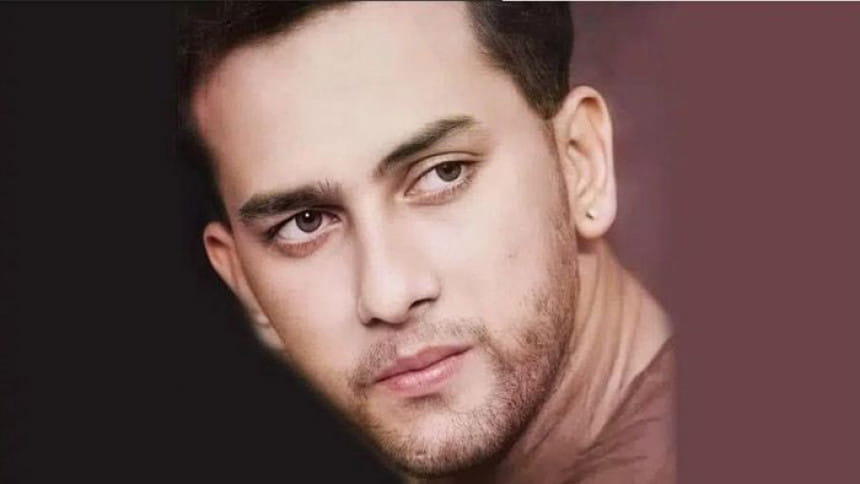
Today would have marked the 53rd birth anniversary of one of Bangladesh's most beloved actors, Salman Shah. Had he been alive, Salman would have turned 53, and the celebrations would likely have been spectacular.
Tragically, his life was cut short on September 6, 1996, leaving behind legions of grieving fans.
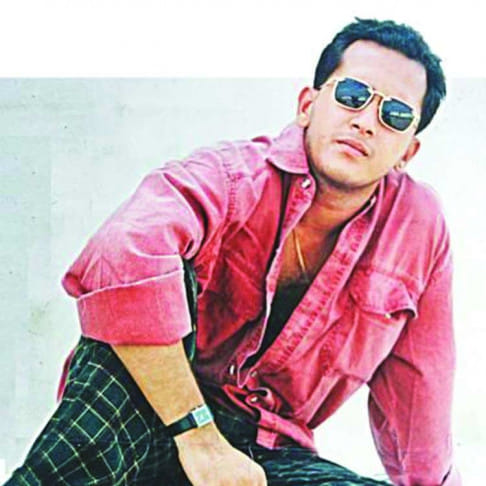
While official reports claimed Salman took his own life, speculation and mystery continue to cloud the circumstances surrounding his death. His mother, Neela Chowdhury, has steadfastly claimed that her son was murdered, fueling ongoing debates.
Yet, even in death, Salman Shah's legacy remains vibrant. His influence stretches far beyond his birth and death anniversaries. The "Salman Shah Fan Club" and other groups organise tributes and events year-round to keep his memory alive. Social media gets flooded with posts from fans celebrating the star who revolutionised Bangladeshi cinema.
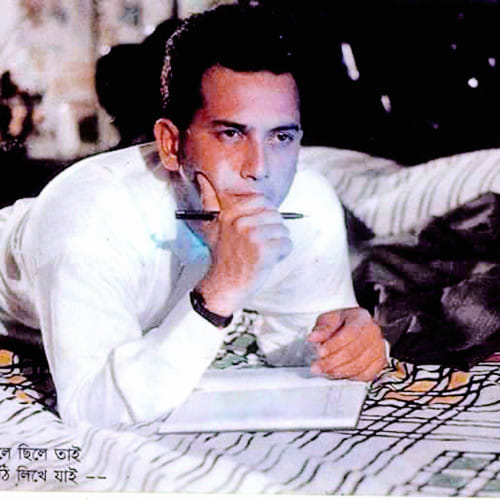
Salman's meteoric rise to fame was nothing short of extraordinary. His blend of charisma, unmatched style, and powerful performances set him apart from the rest. He left an indelible mark on fashion, dialogue delivery, and the very essence of the modern-day Bangladeshi hero. Described as the "hero of heroes" and the "dream hero," his enduring appeal cemented him as one of the industry's most iconic figures.
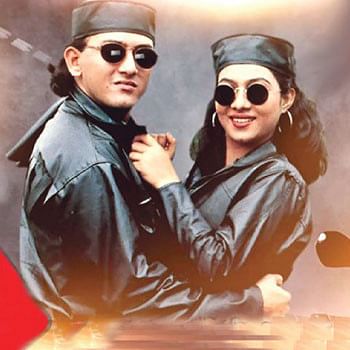
Born Shahriar Chowdhury Emon in 1971 in Zakiganj, Sylhet, Salman spent his formative years at his maternal grandfather's house—now famously known as the "Salman Shah House." His grandfather's role in "Mukh O Mukhosh," East Pakistan's first film, and his encouragement, drew Salman to acting. In August 1992, Salman married beautician Samira Haque, further capturing public interest in his personal life.
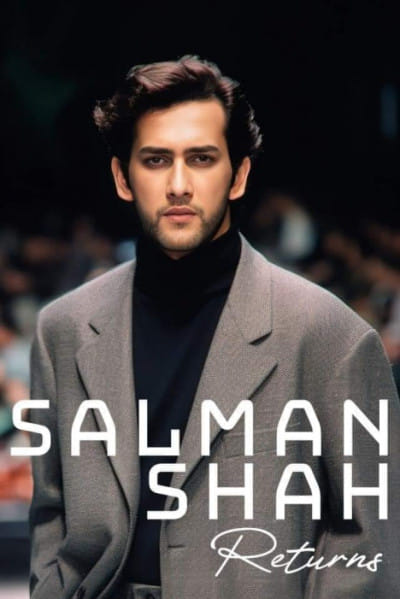
Salman's acting journey began in 1985 with the BTV drama "Akash Chhoa". Over the years, he starred in popular dramas like "Deyal" (1985), "Shob Pakhi Ghore Phire" (1985), "Soikote Shorosh" (1988), "Noyon" (1995), and "Shopner Prithibi" (1996). His performance in "Pathor Shomoy" (1990), based on Moinul Ahsan Saber's novel, was another milestone, followed by his lauded role in "Itikotha" (1994).
Salman wasn't just an actor—he had a profound connection to music. In 1986, he appeared as a model in a musical segment of the iconic show "Ityadi", hosted by Hanif Sanket. He was well-known for his singing talent and even earned a diploma in folk music from Chhayanaut that same year.
However, it was the 1993 release of "Keyamot Theke Keyamot that truly transformed Salman into a superstar. Directed by Sohanur Rahman Sohan, the film marked the debut of both Salman and actress Moushumi, allowing the pair to captivate audiences from the start.

While he starred in two more films with Moushumi, it was his pairing with Shabnur that electrified the industry. Their chemistry dominated the box office, making them one of the most beloved on-screen couples of the time.
Salman's ability to adapt to different co-stars and genres made him a household name. His legacy as a versatile actor, adored across generations, remains unmatched.
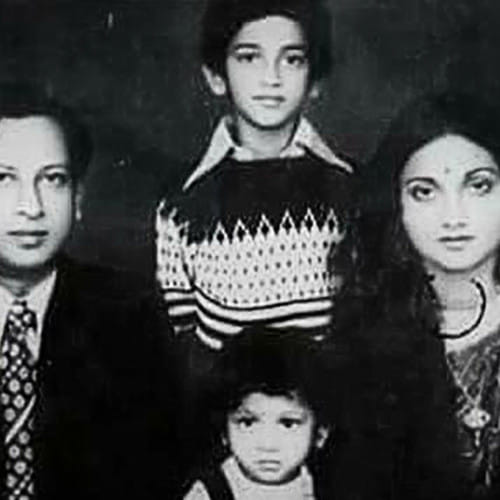
Salman Shah continues to define Bangladeshi cinema even 28 years after his passing. He was more than just a star; he was a pioneer who reshaped the modern image of the Bangladeshi hero. Even now, fans remember him not just as an actor but as the "dream hero" whose light continues to shine brightly.

 For all latest news, follow The Daily Star's Google News channel.
For all latest news, follow The Daily Star's Google News channel. 









Comments